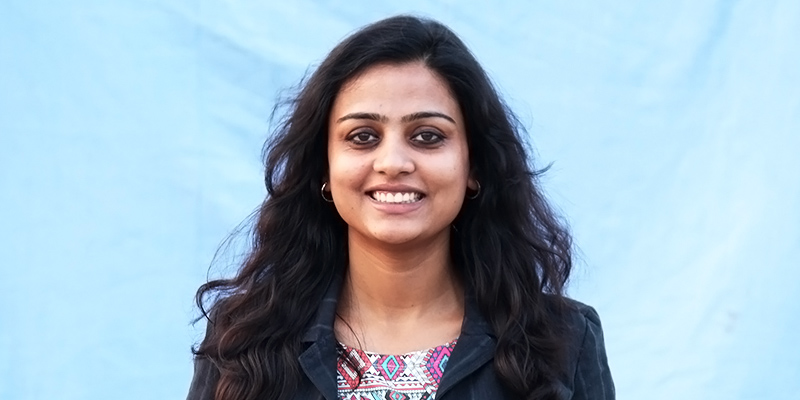I wasn’t surprised that the documentary, Period. End of Sentence, emerged a winner at this year’s Academy Awards. After all, menstruation has been making headlines for a while now, and it’s about time that the realities of the ground start reflecting in art, cinema and popular culture. The conversation, today, is no more about blood—it transcends that, just as the film has, to focus on empowerment and solutions.
Is menstruation, then, suddenly a topic of interest? Another trend in the numerous that fill our screens? No. It’s a work of many years by unknown individuals who waged a war against the taboo.
In the past decade, for instance, it was the uproar after the 2012 Delhi gangrape that compelled people to change their attitude towards women and women’s issues. Many women, including me, who were taught to keep their periods hidden and a secret, dared to speak up. Yet, many men remained unaware.
The first time I spoke about my period to my boyfriend (now husband), he couldn’t believe it. “What!” he remarked, “You bleed every month and don’t die?” The ignorance was pervasive.
When I took the concept of Menstrupedia, a comic book or a friendly guide to periods I started in March 2013, to business experts—invariably men in their 40s, they asked me, “Who is going to read this?” and “How will you pay your bills?” They had no idea that there was a huge market waiting to be served. So much so, that each blog we wrote on Menstrupedia would be shared 20k-30k times, figures unseen on the Indian internet seven years ago.
Since then, it’s been the collective effort of individuals like Arunachalam Muruganantham, organisations like Goonj, mediapersons, the government, films like Padman, that have made menstruation the movement it is today. Yes, it is a movement, not a trend or a wildfire that can be extinguished. This collective roar has made it easier for younger people to talk about menstruation now, or to participate in the conversation. And it’s not just in cities, the topic is being raised in many schools and colleges in remote areas where a typical biology teacher would skip the chapter on reproduction, or where many of us were taught about our oesophagus, but not ovaries or uterus.
The women of my generation are saying that we’re not going to impose menstruation myths on our daughters, but still, a lot has to be done.
Last month, for instance, a school in Kolkata suspended a boy for reading Menstrupedia in class. Of course, when such incidents come to light we realise that menstruation continues to be a topic that makes many frown. And the change, the first step, therefore, is attacking these pre-set notions and beliefs about it. Still, I believe that we can achieve more while continuing our efforts at education and awareness.
The female hygiene market, in the startup language, is waiting to be disrupted. But are we paying attention?
Think about it. Since the past 100 years, what do women have to manage their period? Pads, tampons, menstrual cups and period panties. Half of us bleed every month and yet, nothing else exists that would make having the period easy for us. There is no innovation, and what’s worse is that we’re not even thinking about it.
When we started Menstrupedia, people told us we were crazy. Who was going to buy a comic book on menstruation? Turns out, a lot of people were. Today, we’re a self-sustained company.
The need for innovation spills into the next crucial problem hovering over menstruation—disposal of menstrual products. We need effective disposal systems for menstrual hygiene. Sustainable menstruation cannot be dependent on often difficult-to-use menstrual cups or prohibitively expensive biodegradable pads.
It’s also unfair to put the burden of saving plastic on young menstruating girls and asking them to not use sanitary pads. And if the priority is to reduce plastic usage, why can’t we come up with good products that are both comfortable, easy to use, and environment friendly?
Innovation is what’s urgently needed to free menstruation from the age-old practices and customs that still grip it. And for innovation, like with awareness and education, it’s important that we involve both men and women in the conversation. In my own house, I was told that you can’t talk about your period with your father or your brother. The problem is that if I am not sharing it with family, I definitely won’t share it with classmates or boys in general. My husband recently told me, “Only if I knew about this. I would have better cared for my mother”.
It’s 2019 and if we want progress, whether in the way we look at menstruation or manage it, we can’t exclude anyone from the conversation.
As told to Apekshita Varshney
Want to share your story of how you thrive? Write to us at [email protected]


